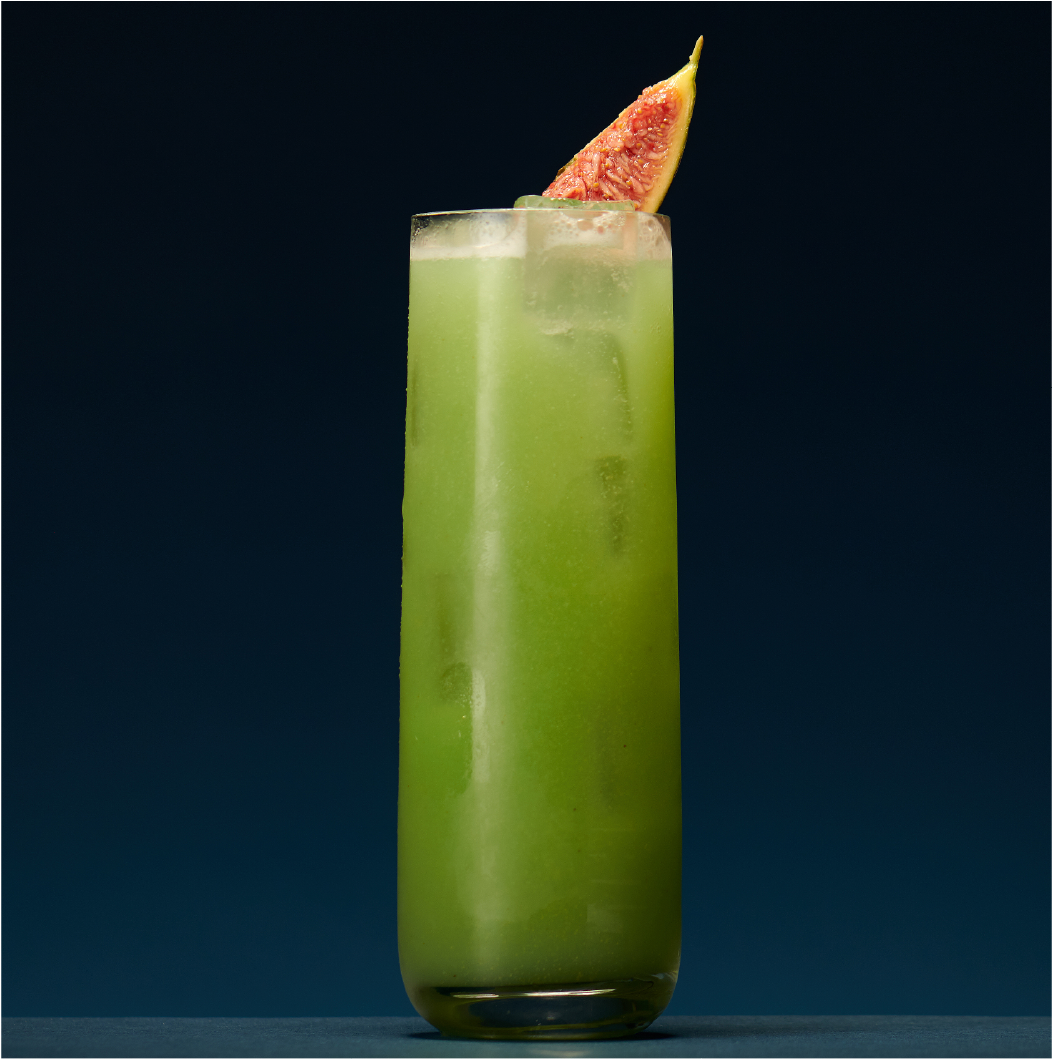
Discover more recipes...

How to Make Your Venue More Sustainable
As environmental consciousness continues to grow, sustainability has emerged as one of the leading concerns in the hospitality sector.
And for good reason, too. Bars and restaurants have developed quite the reputation for being wasteful over the years. Generating hundreds of thousands of tonnes of food waste and rubbish every year — all ending up in landfill.
As hospitality operators address the need for change, venues are looking for ways to minimise their waste production and put leftover food to use. This is not only good for the environment, it’s good for the bottom line, too.
Recycle, reuse, repeat
One of the easiest ways we can help reduce waste is by recycling. This has been a mandatory practice for most bars in the UK — like seperating glass from general waste.
Some venues have taken it a step further and reduced their glass usage with ‘bag in a box’ versions of spirits that are decanted into bottles. Or the use of key kegs for draft beer and wine, which are taken back, cleaned and refiled.
Think about what can be reused in your venue. Avoid buying glass bottles for your homemade ingredients — if you sell a lot of spirits, use those leftover bottles instead (Just make sure to clean and label them properly, of course!).
Plastic straws gained notoriety a few years back, prompted by a heart-wrenching viral image of a turtle with a straw stuck in its nose. This garnered enough public outrage that a ban became effective for single use plastic straws in October 2020 — removing up to 4.8 billion plastic straws from landfill per year.
By this point, a movement had already begun to replace plastic straws with paper ones, or reusable metal straws. It’s a great example of how change can happen from the ground up.
Tips for general sustainability
Save mountains of waste by getting full use out of stock, minimising fruit orders and cutting down on extravagant and superfluous garnishes — not every cocktail needs an umbrella! The following tips will give you food for thought…
These are all common sense changes that don’t cost the earth — in fact, they don’t cost anything at all. They reduce waste and costs while improving your overall sustainability and efficiency. It’s a win-win for everyone.
Making your menu sustainable
The next time you do a menu update, consider using recycled paper, plastics and other compostable materials. Synthetic biodegradable papers are made with recycled plastic, which would otherwise end up in landfill. Many of these materials also offer added benefits like being waterproof — easy to clean and reusable.
Beverage napkins are another bar item that have come under criticism in recent years. While they are a ‘must-have’ for some bars, others have experimented with reusable coasters instead — often made from recycled plastic or beach waste.
While these changes might come with a small additional cost, they generally last longer — so they could save you money in the long run. The novelty of these items can also be a talking point for guests — just watch out for people stealing them!
Inevitably, electricity usage for most bars is unavoidably high. But there are small things you can do to reduce consumption. For example, having bar fridges that turn off between 2am — 8am (this is only suitable for non-perishable items). It works particularly well for beer fridges, which maintain their cold temperature if the doors are closed. This cuts energy usage by ~25% — which adds up over time.
Sustainable preparation
Mise en place is an important and often underrated practice. Some venues have so many different ingredients it’s basically impossible to keep track of them all. By preparing large batches, it saves time and helps you keep your product consistent.
Many of these can be produced and frozen for future use. Vacuum bags are ideal for this, but plastic containers can also do the same job. Make sure they’re not completely jam-packed when freezing, as they’ll expand and could burst. You don’t want a fridge full of exploding fruit!
When preparing infusions, bitters and tinctures, it’s good practice to make them highly concentrated. Then, when you need to use it, simply dilute it and you’re good to go. For example, you can buy food safe essential oils and flavour drops. When diluted, they still give off a potent aroma without the need for fresh fruit.
Long-term stability of ingredients
Most commercially produced ingredients go through some form of pasteurisation to enhance their shelf life — for example, we at FUNKIN COCKTAILS use ohmic pasteurisation for all of our fruit purées. This reduces the exposure of fresh fruit to heat. The temperature rises to the required level and the product is instantly chilled to avoid the negative effects of heat of fruit.
The process of pasteurisation takes time and special equipment — both of which your venue may not have. That said, you can ensure your products last as long as possible by storing them in clean bottles — e.g. freshly cleaned squeeze bottles or store and pours. Glass bottles can be rinsed with boiling water to kill yeast and bacteria — preventing syrups and purées from spoiling or fermenting in their vessels.
What else are you doing to minimise waste and become more sustainable? Did we miss anything? Let us know in the comments!